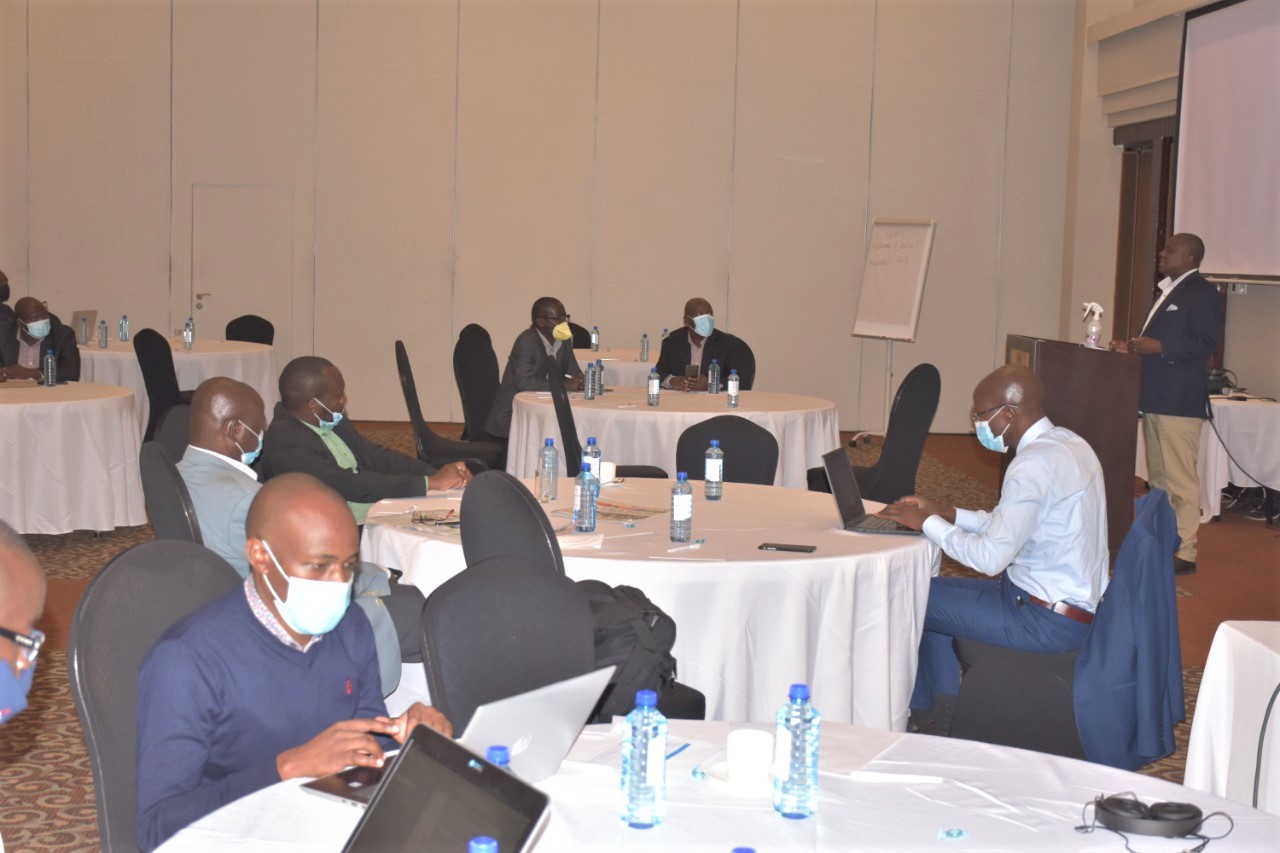
The Media Council of Kenya is engaging media training institutions in efforts aimed at improving quality of training for media professionals. Pursuant to this, the Council has been meeting journalism colleges in the country; a process which has helped in identifying gaps in current media training in the country and in zeroing in on interventions.
The Council recently held a consultative meeting of media schools in Nairobi Regionto strengthen its role in ensuring higher media training standards in the country through targeted interventions such as short courses, and in its overall advisory role. Participants included stakeholders from universities, middle level colleges offering journalism courses and media experts from academia and media houses.
The Nairobi meeting sought to, among others, identify trends and emerging challenges impacting the training and practice of journalism, media and communication in Kenya. It also aimed at forming the basis for collaboration and partnerships with colleges and journalism schools on the existing MCK curricula as well as new ones that address changing market needs.
Further, the engagement sought to help the Council to identify key areas of training and journalism practice that need intervention through short courses or otherwise and to offer the Council an opportunity to share with representatives of institutions its course accreditation and inspection guidelines.
“The Council has identified the modular curriculum approach as a key tool in ensuring higher standards of journalism training and practice in Kenya as stipulated under the Media Council Act 2013 section 6(1)(f). This will aid in strengthening its role in ensuring high professional media standards in the country,” said MCK’s Director, Media Training and Development, Mr Victor Bwire.
He urged media training institutions to have a have a common pursuit towards improving training standards in Kenya.
“The world is moving away from academic-based only training to competency-based curricula that better serve the needs of the market. To this effect, MCK is working with colleges and the industry to align training to this change through our integrated (modular) approach through targeted short courses,” he said.
Mr Bwire advised media training institutions to leverage technological advancements to strengthen research on media and the industry broadly, adding that the Council is ready to support such initiatives.
Several issues around internship, research, career progression and training of media trainers emerged during the discussions.
“There is need to streamline training and assess media internship processes to ensure that they are beneficial to both students and institutions,” said David Aduda, veteran journalist, lecturer and media curriculum expert at Aga Khan University Graduate School of Media and Communications.
He called for enhanced research by media training institutions, adding that it plays a key role in shaping local content.
Participants agreed the curriculum needed a review to adopt to the changing market and called upon the Media Council to provide a framework for coordinating media training, audit of the curriculum and the need for industry and training institutions partnerships.